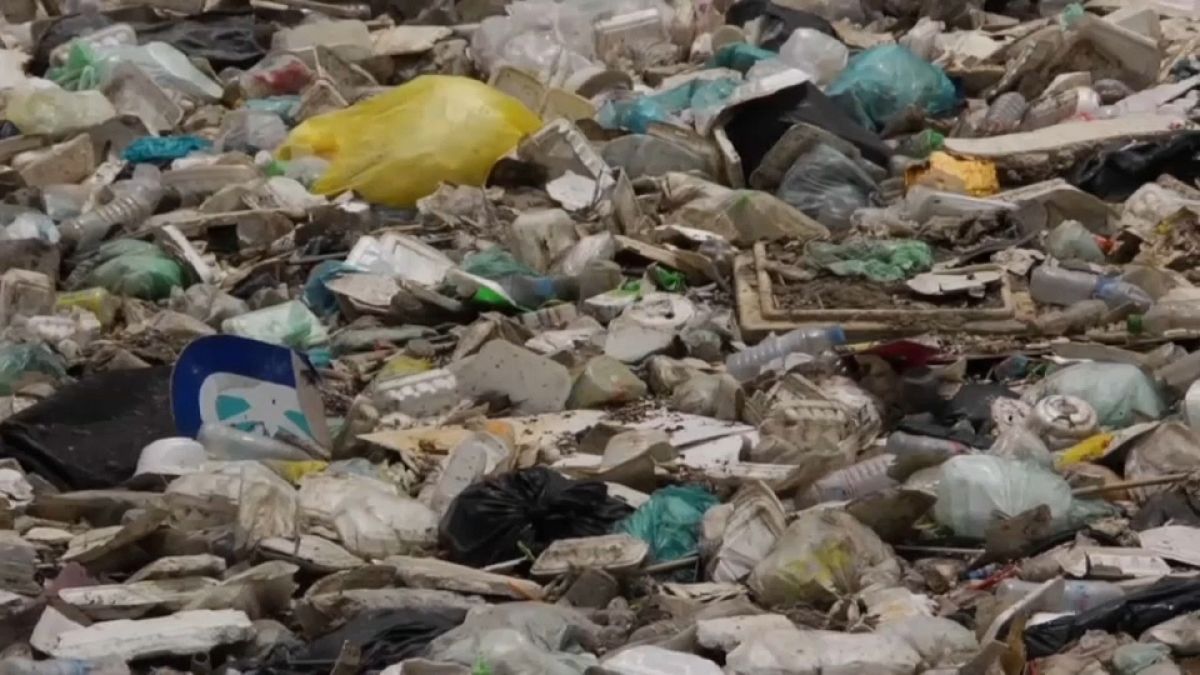Plastic is taking over the planet
In 1966 prescient American pop artist Andy Warhol organised a series of multimedia events entitled the exploding plastic inevitable.
Now, according to the first global study of mass-produced plastics by US academics the inevitable has come to pass.
Colours swirl, patterns collide. For one night only, the Exploding Plastic Inevitable is alive in Liverpool > https://t.co/q795a3GgzZpic.twitter.com/PLEVSdeHda
— FUSED MAGAZINE (@Fusedmagazine) May 24, 2017
Since the 1950’s humankind has produced 8.3 bn tonnes of the stuff leading to a “near permanent contamination of the natural environment.”
Makes sense! “19 Aquariums Pledge to Fight Plastic Pollution, Ban Single-Use Plastic Bags and Straws” https://t.co/dQvbcLieLPpic.twitter.com/CeRsxUKDgX
— Debbie Levin (@DebbieatEMA) July 11, 2017
The study found the amount of plastic produced is the equivalent in weight to 25, 000 Empire State buildings and will remain intact for hundreds, maybe thousands of years with production expected to rocket over the coming decades.
We can’t recycle our way out of #PlasticPollution.
EU_Commission</a>, we have summer homework for you! <a href="https://twitter.com/hashtag/RethinkPlastic?src=hash">#RethinkPlastic</a> <a href="https://t.co/KJyrimEvXV">https://t.co/KJyrimEvXV</a> <a href="https://t.co/ewOypcNO7q">pic.twitter.com/ewOypcNO7q</a></p>— GAIA (GAIAnoburn) July 10, 2017
Despite the amount of science involved in trying to breakdown the wonderstuff the research found that by 2015 of the nearly seven bn tonnes of plastic waste generated 9 percent was recycled, 12 percent incinerated and 79 percent clogging landfills or oceans.
5.25 Trillion Plastic Pieces in the Ocean and Counting: What’s Next?https://t.co/EH8zfcegcM#plasticpollution#marinedebris#cleanseaspic.twitter.com/kMRwDzw5Vb
— The TerraMar Project (@TerraMarProject) July 7, 2017
